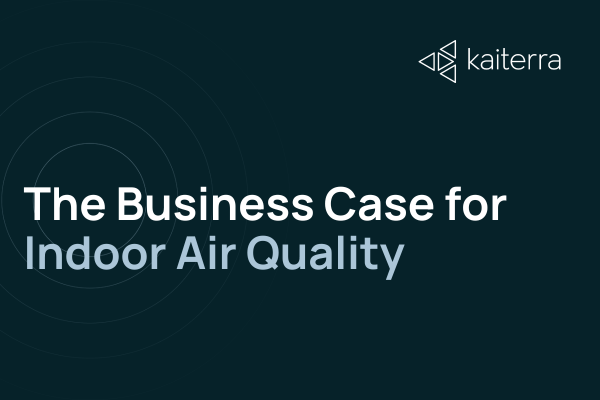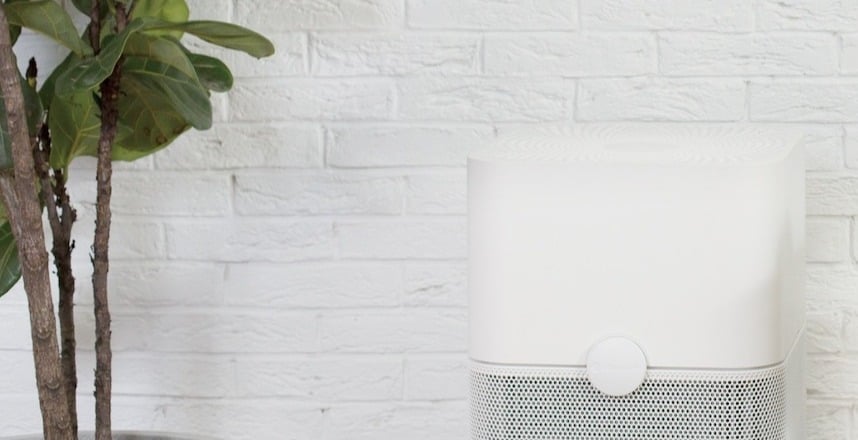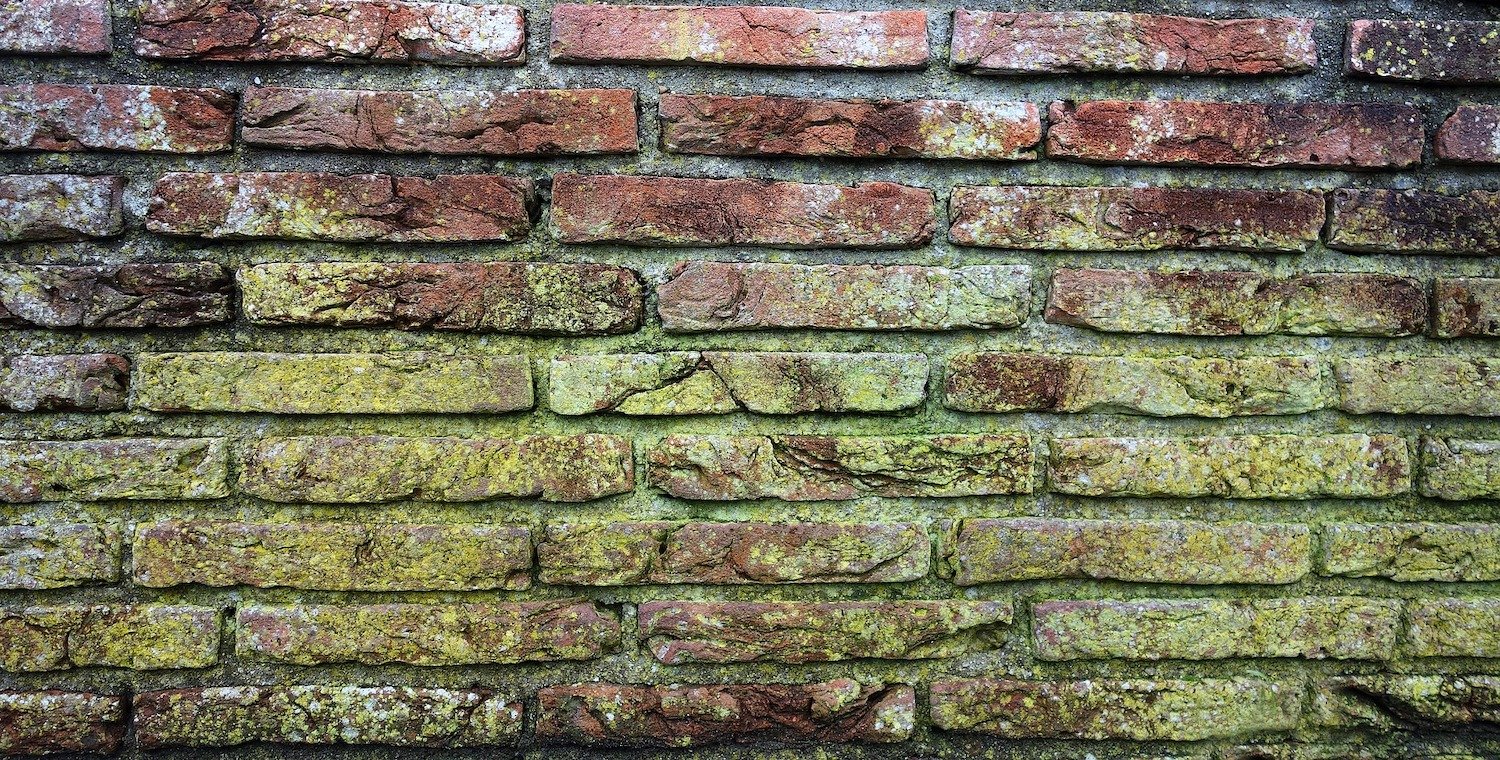Newsletter
As the coronavirus situation continues to escalate, we are all wondering what steps we can take to protect ourselves. Social distancing? Check. Hand washing? Check. Disinfecting? Check. But with new cases appearing left and right, many people are trying to think up supplemental techniques for avoiding the spread of COVID-19.
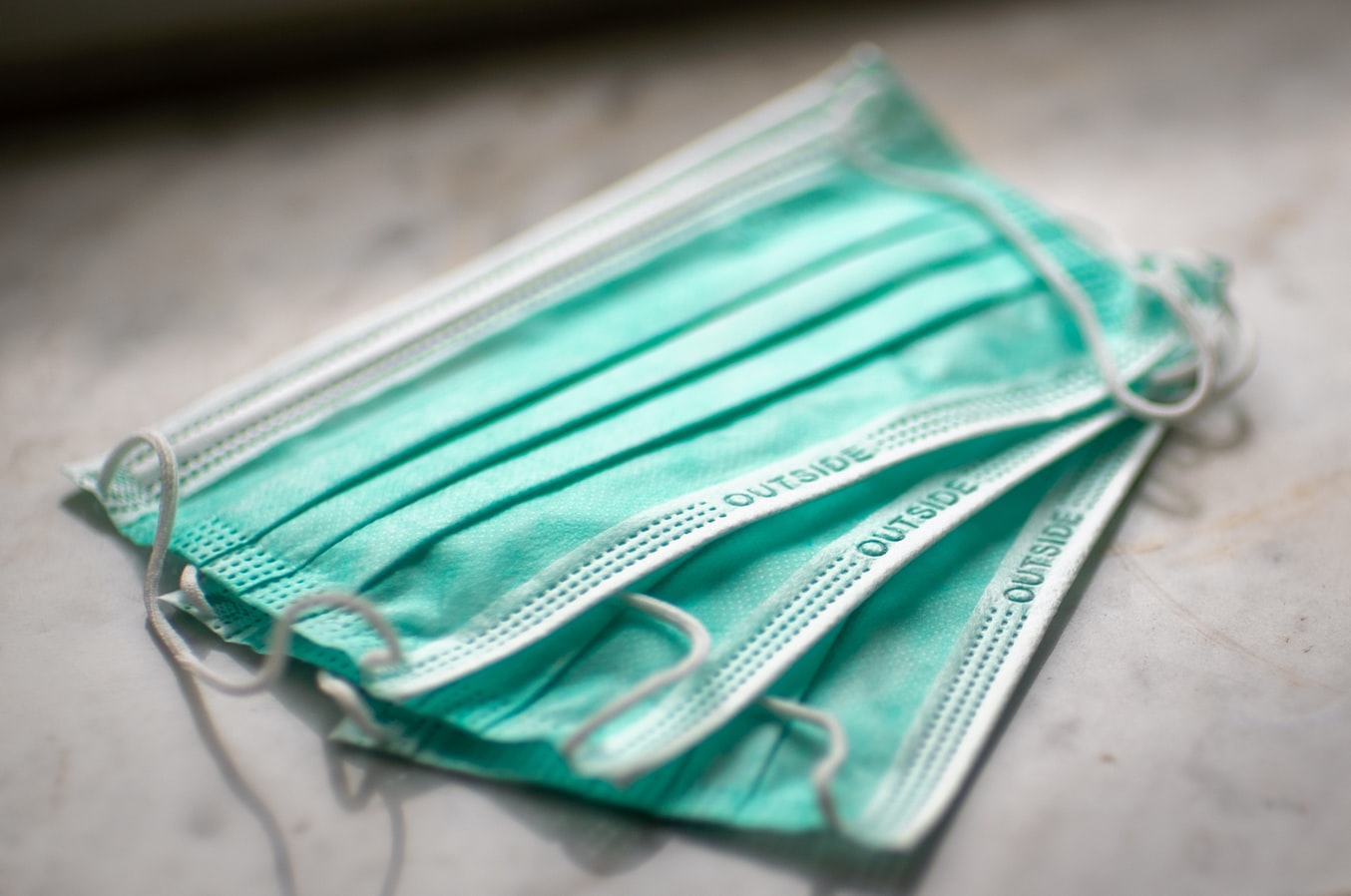
Like medical masks and gloves, people have turned to air purifiers for the answer. If an air purifier can remove smoke and dust, surely it can remove the virus, right? So, today we would like to answer the question: can HEPA air purifiers protect us from the new coronavirus? As with many things relating to this outbreak, the answer is complicated.
How is COVID-19 Transmitted?
As of the writing of this article, COVID-19 is not confirmed by the WHO to be airborne. The new coronavirus is confirmed to transmit through contact points and respiratory droplets, but airborne transmission is still up in the air.
As an infected individual goes about their day (often without symptoms), their hands carry viral particles that can linger on any objects they touch. When another person picks up these particles then touches areas like their eyes, nose, and mouth, the coronavirus enters the body and starts using the body’s cells to replicate.
As a respiratory condition, COVID-19 also spreads through droplets. When people sneeze or cough, they release droplets of fluid into the air containing water, mucus, and viral particles. Other people then breathe in these droplets, and the virus infects them.
You may be thinking: wait, doesn’t that mean COVID-19 is airborne? No, it doesn’t. There is a key difference between airborne and droplet transmission which will be important when we discuss air purifiers.
Airborne vs. droplet transmission
The key differentiators between airborne and droplet transmission are particle size, composition, and suspension time.
Respiratory droplets are much, much larger than viruses. While viruses hover around 0.1 um in diameter, respiratory droplets are often over 5 um, or even 10 um, in diameter. These droplets are filled with saliva, mucus, water, and other bodily fluids, not just the virus, so they are much larger and heavier than viral particles.
Because these droplets are heavy, they will fall out of the air relatively quickly, catching on surfaces where we can disinfect the residual viral particles.
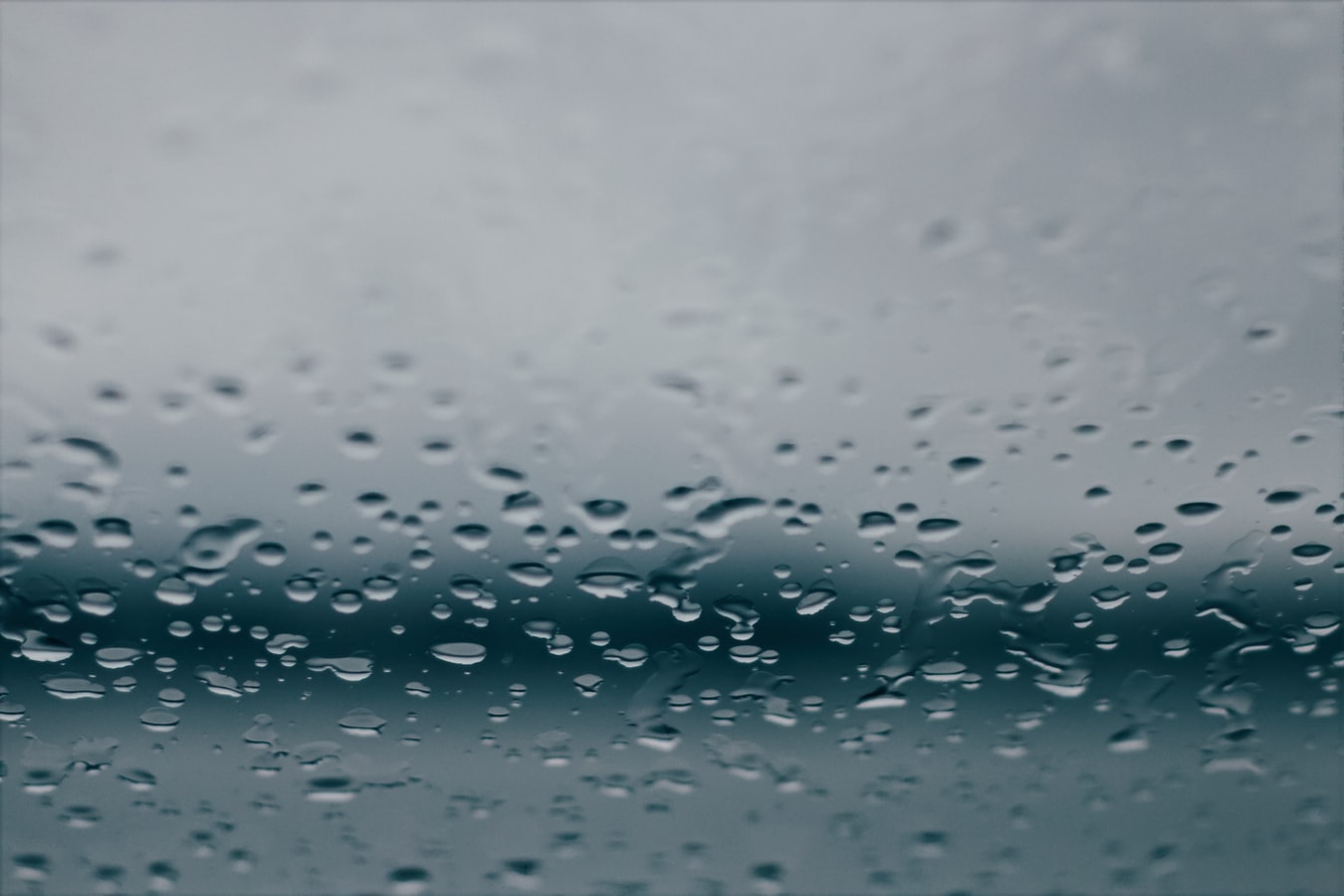
This is where airborne viruses come into play. While viruses like the coronavirus finish their journey once the droplets fall, airborne viruses can remain in the air as the droplets evaporate, or even piggyback on other dust particles in your air. Because viruses are light, they can remain suspended in your air for hours at a time. Airborne viruses are especially contagious for this reason. Ever hear about tuberculosis or measles? Both are airborne.
There has been contention in the scientific community about the transmission paths of COVID-19, and the situation changes every day. For a full breakdown of how COVID-19 spreads, we recommend checking out our in-depth article: Is COVID-19 Airborne? Busting Myths About the Transmission of the Novel Coronavirus.
For the purposes of this article, we address both transmission paths, but because droplet transmission is unanimously confirmed, we will mainly focus on respiratory droplets. So, can an air purifier help remove respiratory droplets? Well, yes and no.
How HEPA Air Purifiers Remove Respiratory Droplets
The first air purifier we will discuss is the HEPA purifier, one of our go-tos for dealing with particle pollution. These purifiers work by blowing air through a filter, which removes any particles that may be present in your air. If there are virus-filled droplets in your air, then the filter will also strain out these droplets.
Before you get too excited, there’s a catch. While the purifier will filter out respiratory droplets, it won’t happen instantaneously. It will take some time for the purifier to cycle through all the air in the room, and in the meantime the droplets will be landing on flat surfaces in the area.
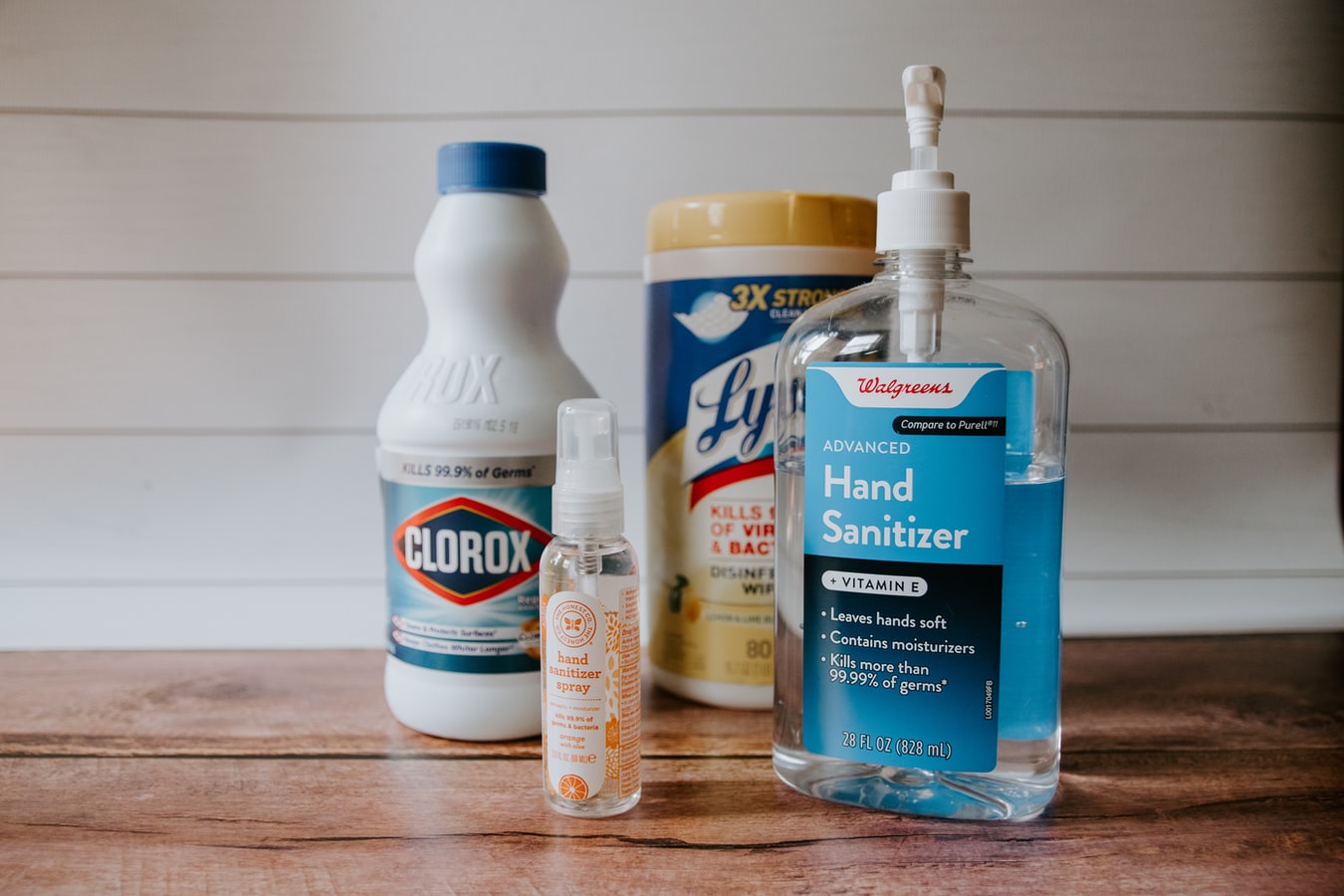
Wiping down surfaces throughout the day will neutralize respiratory droplets after they settle.
In all likelihood, the purifier won’t eliminate the droplets at the rate you need to avoid infection (at least, not much faster than the natural settling of the droplets). If COVID-19 were airborne, the filter would be able to remove a larger chunk of the airborne viruses, but you would still be vulnerable. Regardless if COVID-19 is airborne or not, you cannot rely on a HEPA purifier to completely protect you from COVID-19.
That said, we still recommend you use your air purifier during the coronavirus lockdown. Even though a HEPA purifier won’t remove COVID-19, an air purifier is still a handy piece of technology for removing fine dust and particulate matter, which will improve your indoor air quality and your overall health. At the very least, running your air purifier will do no harm, and it will keep your indoor air quality in tip-top shape.
For those battling the spread of COVID-19, washing your hands often and staying home are the best ways to protect yourself. Your purifier is not a replacement for social distancing or using disinfectant. In some areas, there are signs that the pandemic is easing, but we can't stop here. Until the new coronavirus is under control, please continue social distancing and be sure to listen to trusted sources for the most up-to-date and accurate information on the COVID-19 outbreak.
Will Non-HEPA Purifiers Help Eliminate Coronavirus?
HEPA purifiers are only one type of purifier, but they are your best bet for getting rid of the coronavirus.
For example, ionic purifiers will run into the same issues as HEPA purifiers when removing coronavirus droplets, and UV purifiers may produce ozone, which is a more immediate danger to your health than the coronavirus when staying home.
Kaiterra provides air quality monitors and an IAQ analytics dashboard for healthy buildings and offices, helping workplace leaders and healthy building pioneers assess and improve their indoor air quality. Our indoor air quality monitors like the Sensedge and the Sensedge Mini can be found in many of the world’s most iconic buildings and workplaces, such as the Empire State Building and the Burj Khalifa.






.png?width=200&height=148&name=Menu%20C%20(2).png)

.png?width=307&height=228&name=Menu%20-%20D%20(1).png)
.png)
